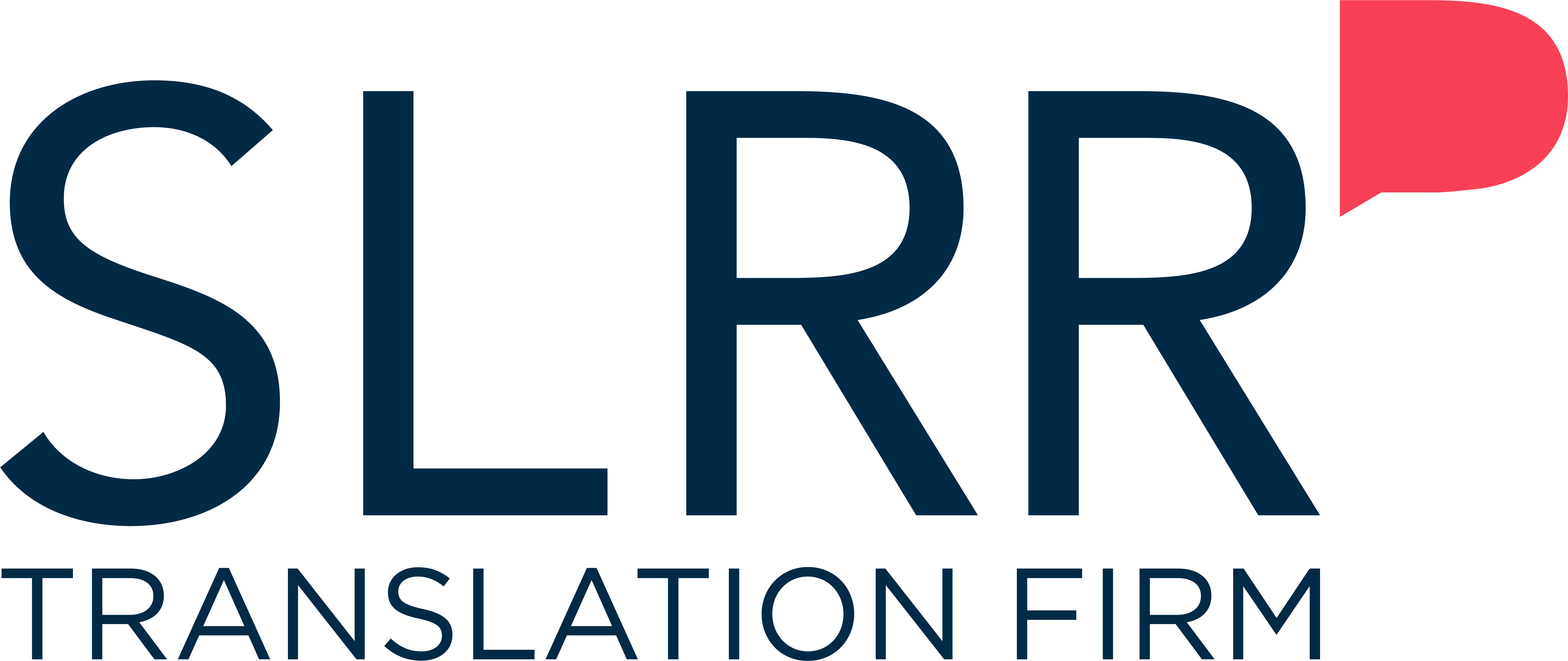
When writing about an organization, do you use singular or plural forms? Would you write, “Microsoft released their first version of Windows in 1985”? Or, “Microsoft released its first version of Windows in 1985”? There is no cut and dried answer to this question. Most style guides and authoritative sources, such as the Chicago Manual of Style (see examples in 10.23), the Economist, and The New York Times, that address the subject recommend using the singular as the second sentence does.
But is not difficult to find examples like the first sentence in newspapers and magazines. Furthermore, The Gregg Reference Manual and the BBC, among others, allow for using plural forms when emphasizing organizations as a collection of individuals over their status as an impersonal entity. Both stress the need for consistency: once you have chosen to describe a company as singular or plural, you should stick with your choice. In other words, if you use the singular, you also need to use “it,” “which” and “its” and conjugate your verbs accordingly. If you decide to treat an entity as a plural, then you should use “they,” “who” and “their.” Avoid the kind of mixing and matching seen in the following sentence:
“Bear Meadows Farms, which has been producing organic yogurt since 1988, have announced that they have been acquired by Kraft Foods.”
The above sentence should be rewritten to eliminate inconsistencies:
“Bear Meadows Farms, which (who) has been producing organic yogurt since 1988, has (have) announced that it has (they have) been acquired by Kraft Foods.”
As long as the verbs and pronouns align, both versions can be considered correct. When proofreading, keep in mind that plural company names (General Motors, Johnson & Johnson, and so on), like the one in the preceding example, tend to drift into plural forms because using singular forms with a plural noun can feel awkward.
To assess current usage, we experimented with the NOW Corpus, a database of over 4.7 billion words from online magazines and newspapers maintained by Brigham Young University, to see how current usage aligns with these recommendations. Our short study suggested the predominance of the singular, although there were almost always instances of plural forms. For example, a search for “Microsoft released its” produced 39 hits, while “Microsoft released their” had only 3. Though our perusal of the database was not statistically significant, the results do suggest that most writers use singular forms with organization names.
Given the lack of consensus on this somewhat murky issue, is the singular or plural the best choice? The safest, most common path is using the singular. That said, if this usage seems too unnatural, there is enough disagreement on the subject to say that you can use plural forms without being definitively incorrect.
SLRR Translation Agency




